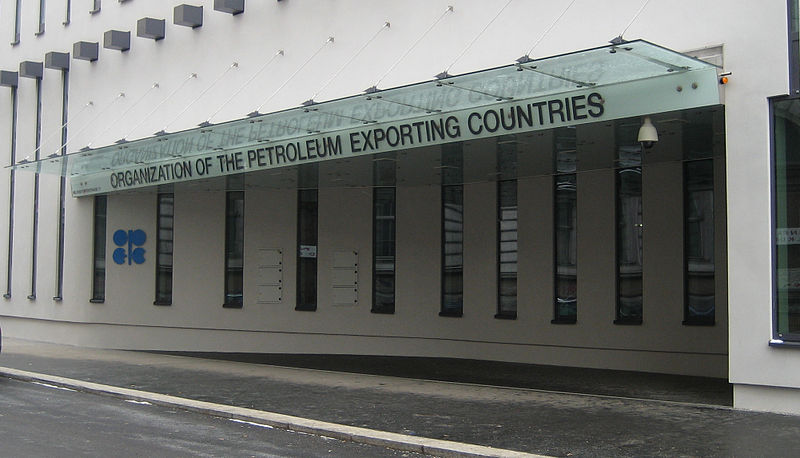
Global benchmark Brent crude fell more than 2 percent on Thursday ahead of a meeting of the Organization of the Petroleum Exporting Countries, where producers were expected to boost output to stabilize prices.
OPEC, however, was struggling to agree on raising output, with Saudi Arabia warning of supply shortages and price rallies but Iran holding out against a deal at the group’s meeting on Friday.
Iranian Oil Minister Bijan Zanganeh said he still believes OPEC cannot reach a compromise decision.
“I don’t think we can reach agreement,” Zanganeh told reporters. “We firstly need to discuss and decide about the main issue inside OPEC. OPEC’s decision is so important – after it we should coordinate everything with the Russians.”
Brent crude LCOc1 fell $1.69 to settle at $73.05 a barrel.
U.S. West Texas Intermediate crude CLv1 for August delivery, the new front month, fell 17 cents to $65.54 a barrel, and was down 68 cents from the July contract’s expiry on Wednesday at $66.22.
Front-month WTI surged to trade as much as 71 cents a barrel over the second month CLc1-CLc2, the biggest premium since October 2014.
The rise came as the July contract expired on Wednesday and as stockpiles in Cushing, Oklahoma declined by 2.3 million barrels in the week to June 19, according to data from market intelligence firm Genscape, traders said. Falling stockpiles could alleviate some concerns that surging U.S. production would outstrip demand.
OPEC, together with other key producers including Russia, started withholding output in 2017 to prop up prices, but a tightening market has led to calls by consumers for more supplies.
Brent reached a 3-1/2-year high above $80 a barrel last month but has fallen steadily in recent weeks as Saudi Arabia, de facto leader of OPEC, warned of supply shortages and price rallies if production remained stable.
“We need to release supply to the market,” Saudi Arabian Energy Minister Khalid al-Falih told reporters in Vienna. “How much oil do we need? … Around 1 million (barrels per day) probably.”
Falih said the oil market had now rebalanced and his aim was to prevent a shortage of crude in future that could squeeze the market.
OPEC member Ecuador’s oil minister Carlos Perez said he expects an increase of about 600,000 bpd.
Harry Tchilinguirian, head of oil strategy at French bank BNP Paribas, told Reuters Global Oil Forum he expected OPEC and Russia to agree a compromise that would see a small increase in global oil production.
“It would seem that an aggregate increase in production for OPEC+ of between 500,000 bpd and 1 million bpd is the range that is being considered,” Tchilinguirian said.
Additional reporting by Henning Gloystein in Singapore and Christopher Johnson in London; Editing by Marguerita Choy and David Evans



